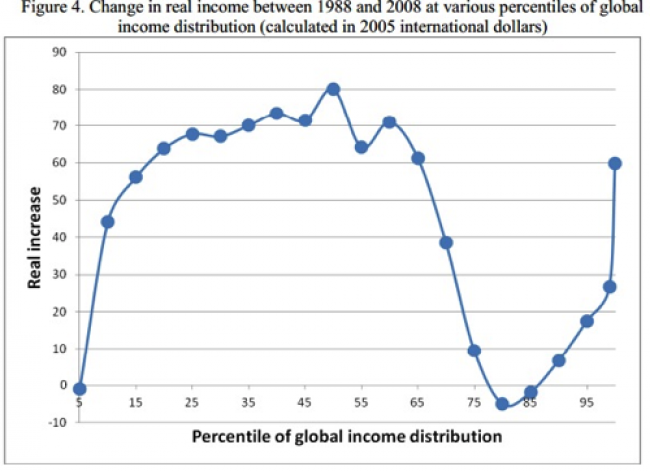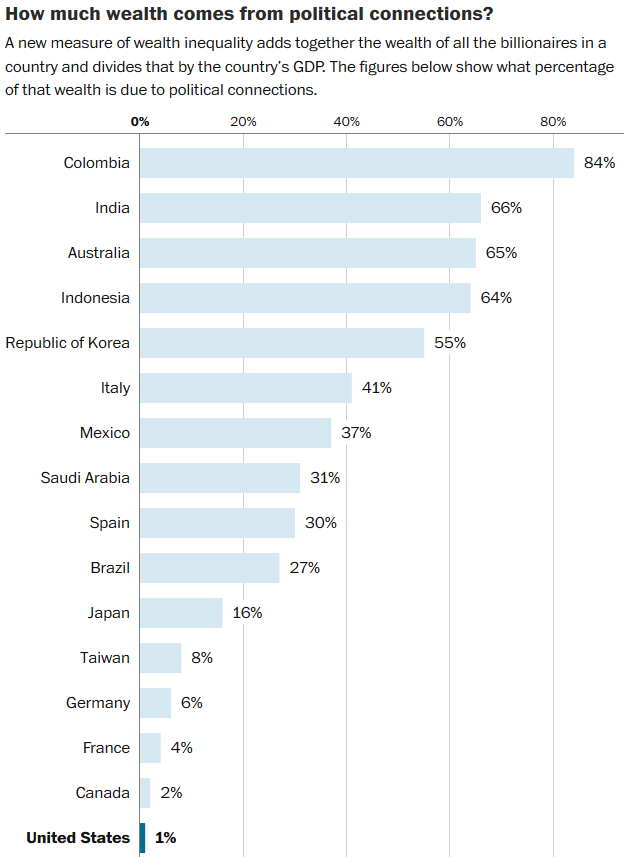In the purer ages of the commonwealth, the use of arms was reserved for those ranks of citizens who had a country to love, a property to defend, and some share in enacting those laws, which it was their interest as well as duty to maintain. But in proportion as the public freedom was lost in extent of conquest, war was gradually improved into an art, and degraded into a trade. The legions themselves, even at the time when they were recruited in the most distant provinces, were supposed to consist of Roman citizens. That distinction was generally considered, either as a legal qualification or as a proper recompense for the soldier; but a more serious regard was paid to the essential merit of age, strength, and military stature. In all levies, a just preference was given to the climates of the North over those of the South: the race of men born to the exercise of arms was sought for in the country rather than in cities; and it was very reasonably presumed, that the hardy occupations of smiths, carpenters, and huntsmen, would supply more vigor and resolution than the sedentary trades which are employed in the service of luxury. After every qualification of property had been laid aside, the armies of the Roman emperors were still commanded, for the most part, by officers of liberal birth and education; but the common soldiers, like the mercenary troops of modern Europe, were drawn from the meanest, and very frequently from the most profligate, of mankind.
That public virtue, which among the ancients was denominated patriotism, is derived from a strong sense of our own interest in the preservation and prosperity of the free government of which we are members. Such a sentiment, which had rendered the legions of the republic almost invincible, could make but a very feeble impression on the mercenary servants of a despotic prince; and it became necessary to supply that defect by other motives, of a different, but not less forcible nature — honor and religion. The peasant, or mechanic, imbibed the useful prejudice that he was advanced to the more dignified profession of arms, in which his rank and reputation would depend on his own valor; and that, although the prowess of a private soldier must often escape the notice of fame, his own behavior might sometimes confer glory or disgrace on the company, the legion, or even the army, to whose honors he was associated. On his first entrance into the service, an oath was administered to him with every circumstance of solemnity. He promised never to desert his standard, to submit his own will to the commands of his leaders, and to sacrifice his life for the safety of the emperor and the empire. The attachment of the Roman troops to their standards was inspired by the united influence of religion and of honor. The golden eagle, which glittered in the front of the legion, was the object of their fondest devotion; nor was it esteemed less impious than it was ignominious, to abandon that sacred ensign in the hour of danger. These motives, which derived their strength from the imagination, were enforced by fears and hopes of a more substantial kind. Regular pay, occasional donatives, and a stated recompense, after the appointed time of service, alleviated the hardships of the military life, whilst, on the other hand, it was impossible for cowardice or disobedience to escape the severest punishment. The centurions were authorized to chastise with blows, the generals had a right to punish with death; and it was an inflexible maxim of Roman discipline, that a good soldier should dread his officers far more than the enemy. From such laudable arts did the valor of the Imperial troops receive a degree of firmness and docility unattainable by the impetuous and irregular passions of barbarians.
And yet so sensible were the Romans of the imperfection of valor without skill and practice, that, in their language, the name of an army was borrowed from the word which signified exercise. Military exercises were the important and unremitted object of their discipline. The recruits and young soldiers were constantly trained, both in the morning and in the evening, nor was age or knowledge allowed to excuse the veterans from the daily repetition of what they had completely learnt. Large sheds were erected in the winter-quarters of the troops, that their useful labours might not receive any interruption from the most tempestuous weather; and it was carefully observed, that the arms destined to this imitation of war, should be of double the weight which was required in real action. It is not the purpose of this work to enter into any minute description of the Roman exercises. We shall only remark, that they comprehended whatever could add strength to the body, activity to the limbs, or grace to the motions. The soldiers were diligently instructed to march, to run, to leap, to swim, to carry heavy burdens, to handle every species of arms that was used either for offence or for defence, either in distant engagement or in a closer onset; to form a variety of evolutions; and to move to the sound of flutes in the Pyrrhic or martial dance. In the midst of peace, the Roman troops familiarized themselves with the practice of war; and it is prettily remarked by an ancient historian who had fought against them, that the effusion of blood was the only circumstance which distinguished a field of battle from a field of exercise. It was the policy of the ablest generals, and even of the emperors themselves, to encourage these military studies by their presence and example; and we are informed that Hadrian, as well as Trajan, frequently condescended to instruct the unexperienced soldiers, to reward the diligent, and sometimes to dispute with them the prize of superior strength or dexterity. Under the reigns of those princes, the science of tactics was cultivated with success; and as long as the empire retained any vigor, their military instructions were respected as the most perfect model of Roman discipline.
Edward Gibbon, “Chapter I: The Extent Of The Empire In The Age Of The Antonines — Part II”, History of the Decline and Fall of the Roman Empire, 1782.

 Adrian Peterson was the engine that kept Minnesota in this game (29 carries for 158 yards and two touchdowns) … with more than a bit of help from a stout defence that didn’t give up a touchdown until the final two minutes. Atlanta committed enough mistakes to cripple their own scoring chances, including a Terence Newman interception in the Vikings end zone.
Adrian Peterson was the engine that kept Minnesota in this game (29 carries for 158 yards and two touchdowns) … with more than a bit of help from a stout defence that didn’t give up a touchdown until the final two minutes. Atlanta committed enough mistakes to cripple their own scoring chances, including a Terence Newman interception in the Vikings end zone.






